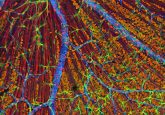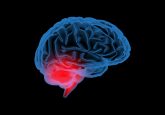How close are we to a pharmacogenomic test for clozapine-induced agranulocytosis?
The antipsychotic clozapine is reserved for treatment resistant schizophrenia patients despite its proven superior efficacy, because 0.8% of treated patients develop agranulocytosis, an adverse drug reaction [1–3]. Agranulocytosis is a hematological condition in which the number of neutrophils is severely reduced (less than 500 cells/mm³ of blood), which renders the patient susceptible to infections and is fatal in 2–4% of agranulocytosis cases [4]. This severe adverse event is not dose dependent and few risk factors have been identified, although older age and female gender increase risk slightly [2,5]. Around 80% of agranulocytosis cases occur in the first 18 weeks of...





